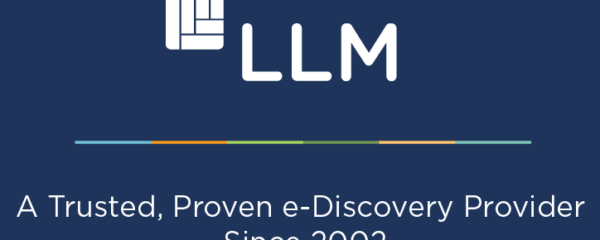The U.S. District Court for the Eastern District of Texas has introduced its own model order regarding patent e-discovery. While based on the Model Order developed by U.S. Court of Appeals for the Federal Circuit (announced in a widely applauded speech by Chief Judge Randall Rader last year), it departs from it in several notable ways.
First, the Eastern District’s Model Order increases the number of email custodians from 5 to 8, and the number of search terms from 5 to 10. In addition, it stipulates that parties must cooperate to identify custodians, specify search terms, and set time frames for e-discovery. Secondly, the Eastern District’s Model Order sets a hard limit on the number of email discovery requests allowed, in contrast to the soft limit established by the Federal Circuit. These hard limits will allow the courts greater control over the e-discovery process, reduce the complexity of the e-discovery process, and therefore reduce the cost.
The Eastern District’s Model Order also takes a stab at establishing limits on what data must be preserved, a topic not explicitly addressed in the Model Order from the Federal Circuit. Voicemails, PDAs, and mobile phones are deemed inaccessible and are excluded from preservation, and backup media does not need to be restored. The crucial question of how to limit the costs associated with data preservation is unlikely to be definitively answered for some time, although the Discovery Subcommittee of the Committee on Rules and Practice and Procedure of the Judicial Conference of the United States is presently considering the issue.
Going forward, it is clear that this Model Order from the Eastern District will assist practitioners in the region in cutting the costs associated with e-discovery in patent litigation. As noted in the speech given by Chief Judge Rader, intellectual property litigation is 62% more expensive than any other form, and it is this cost that stifles the ability of the legal system to effectively intervene in intellectual property cases. Chief Judge Rader stated this eloquently when he said, “These vast expenses can force accused infringers to acquiesce to non-meritorious claims. This only serves as an unhealthy tax on innovation and open competition.”







2 Comments